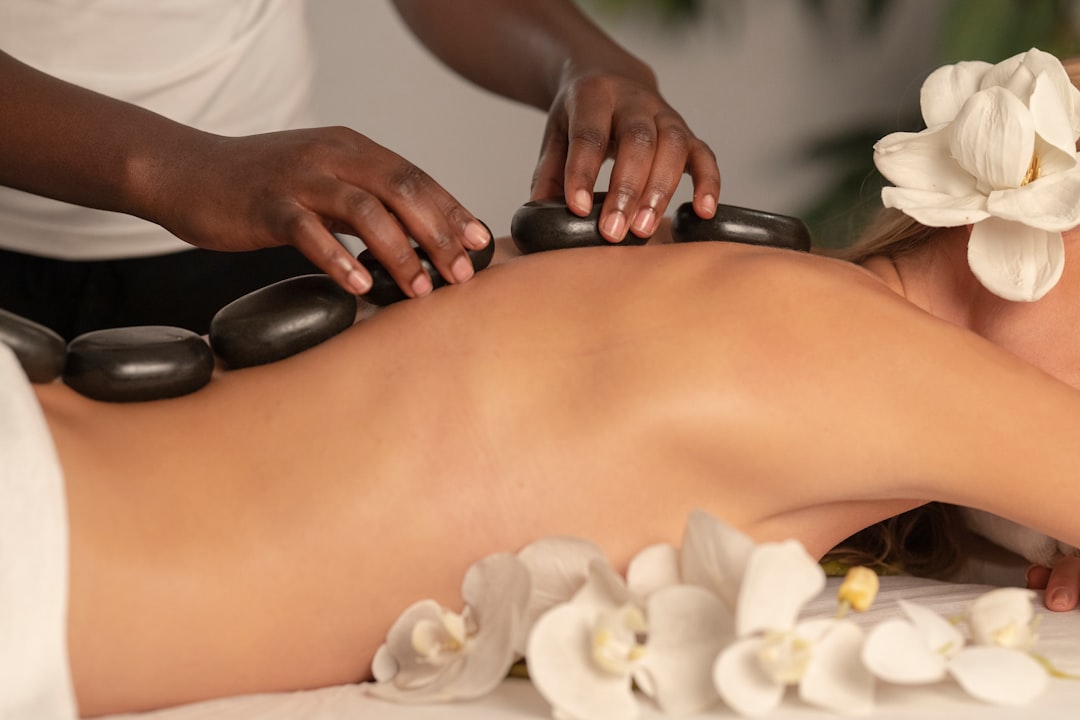Philadelphia's wellness scene benefits from advocacy groups tackling massage abuse. Specialized attorneys navigate legalities, educate practitioners and clients, collaborate with authorities, and establish regulations to protect victims. By raising awareness and holding perpetrators accountable, these professionals ensure safe massage therapy practices within the city's legal framework, emphasizing the importance of recognizing red flags and seeking guidance from massage abuse attorneys in Philadelphia PA for victim support and justice.
In Philadelphia, PA, advocacy plays a pivotal role in shaping the practices and perceptions of massage therapy. Understanding the nuances of local regulations and ethical boundaries is crucial for both therapists and clients alike. This article explores key aspects of massage therapy advocacy in the city, including the vital role of attorneys in protecting client rights, recognizing and preventing massage abuse, legal resources for victims, and empowering therapists to navigate ethical challenges effectively. By addressing these topics, we aim to enhance awareness and promote a safer environment for massage therapy services in Philadelphia.
Understanding Massage Therapy Advocacy in Philadelphia

In Philadelphia, advocacy plays a vital role in ensuring the ethical and safe practice of massage therapy. This involves numerous activities aimed at protecting clients from potential massage abuse and promoting high standards within the industry. Advocacy groups, led by passionate massage therapists and massage abuse attorneys based in PA, work tirelessly to educate both practitioners and clients about their rights and responsibilities. They organize workshops, conduct awareness campaigns, and collaborate with local authorities to establish robust regulations that prevent misconduct.
Philadelphia’s unique landscape demands such proactive measures due to the city’s bustling wellness scene. With numerous spas and massage centers catering to diverse communities, there’s a corresponding need to guard against unethical practices and ensure client safety. Advocacy groups leverage their expertise and networks to foster a culture of transparency, accountability, and mutual respect among massage therapists, ultimately enriching the overall therapeutic experience for residents and visitors alike.
The Role of Attorneys in Protecting Clients' Rights

In the context of massage therapy, advocacy plays a pivotal role in ensuring client safety and protecting their rights. One crucial aspect of this advocacy is the involvement of attorneys who specialize in cases of massage abuse. These legal professionals are instrumental in navigating complex legal landscapes to hold perpetrators accountable.
In Philadelphia, PA, where the wellness industry thrives, having a robust legal system in place is essential. Attorneys dedicated to massage therapy-related cases can help clients understand their rights and take appropriate action if they’ve experienced abuse or misconduct. Their expertise enables them to provide guidance, conduct thorough investigations, and represent victims, ensuring justice and preventing further massage abuse.
Recognizing and Preventing Massage Abuse

In the realm of wellness, massage therapy offers a sanctuary for relaxation and healing. However, it’s crucial to recognize that this industry isn’t immune to abuse, particularly in bustling cities like Philadelphia PA. Recognizing potential red flags is an essential step towards preventing massage abuse. From inappropriate physical contact to financial exploitation, victims may face challenging situations that require immediate intervention.
For those who have experienced or witnessed such misconduct, consulting a massage abuse attorney in Philadelphia PA can be a pivotal decision. These legal professionals are equipped to guide survivors through the complexities of reporting and seeking justice. By raising awareness and holding perpetrators accountable, the community can ensure that massage therapy remains a safe and therapeutic practice for all individuals seeking relief from the stresses of daily life.
Legal Recourses for Victims of Massage Misconduct

In cases of massage misconduct, victims in Philadelphia have legal recourses available to them. If you’ve experienced abuse or neglect during a massage therapy session, it’s crucial to document all details and seek medical attention if necessary. A massage abuse attorney in Philadelphia PA can guide you through this process, helping you understand your rights and the potential legal actions you can take against the responsible parties. They can assist with filing complaints with relevant licensing boards, which may result in disciplinary action against the offending therapist or facility.
Additionally, victims may pursue civil litigation to seek compensation for emotional distress, physical injuries, or other damages incurred due to the misconduct. A skilled attorney specializing in massage abuse cases can help navigate these legal avenues, ensuring that victims receive the justice and support they deserve. Prompt action is essential; so, if you believe you’ve been a victim of massage abuse, don’t hesitate to reach out for professional legal assistance.
Empowering Therapists: Navigating Ethical Boundaries

In the world of wellness, massage therapy offers a sanctuary for relaxation and healing. However, it’s crucial to address ethical boundaries to empower therapists and protect clients from potential abuse. Philadelphia PA, with its thriving wellness scene, needs robust advocacy to ensure safe practices. Many therapists may encounter ethical dilemmas, such as maintaining professional boundaries, handling sensitive client information, or recognizing and reporting suspected abuse. Navigating these challenges requires a solid understanding of legal guidelines and ethical standards specific to massage therapy.
Seeking guidance from reputable sources like massage abuse attorneys in Philadelphia PA can equip therapists with the knowledge to make informed decisions. These professionals help establish clear protocols for consent, documentation, and client privacy, fostering a safe environment where clients can fully benefit from therapeutic touch without fear of exploitation or harm.




